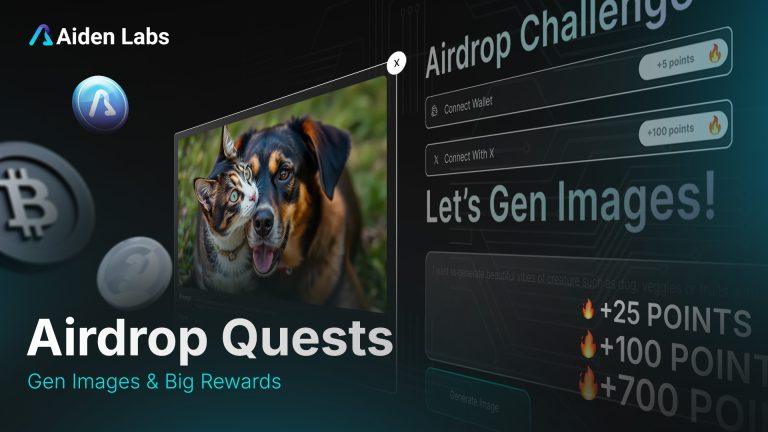
The board includes the CEOs of Adobe, Alphabet, Anthropic, AMD, AWS, IBM, Microsoft, and Nvidia, as well as other business, civil rights, and academic leaders.
The United States Department of Homeland Security (DHS) recently announced the formation of an Artificial Intelligence Safety and Security Board composed of a veritable who’s who of tech CEOs, academics, and influential business leaders.
Created under the direction of U.S. president Joseph Biden, the purpose of the new board is to advise DHS secretary Alejandro Mayorkas and the White House on matters related to artificial intelligence. Specifically, the board will “develop recommendations to help critical infrastructure stakeholders,” and “develop recommendations to prevent and prepare for AI-related disruptions to critical services that impact national or economic security, public health, or safety.”
CEOs from Adobe, Alphabet, Anthropic, AMD, AWS, Cisco, IBM, Microsoft, Nvidia, Delta Air Lines, Humane Intelligence, Occidental Petroleum, and Northropp Gruman make up the business sector of the board. They’re joined by academics from universities, civil rights and humanitarian institutions, the mayor of Seattle, Washington, and the governor of Maryland.









